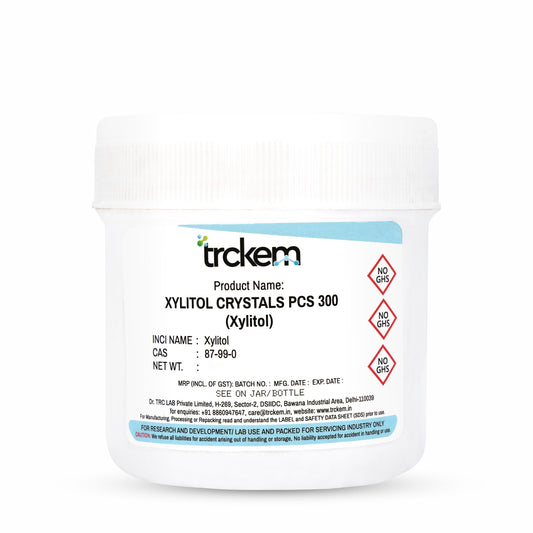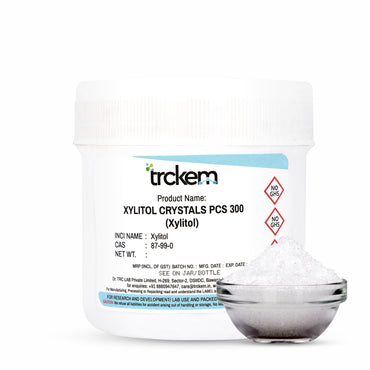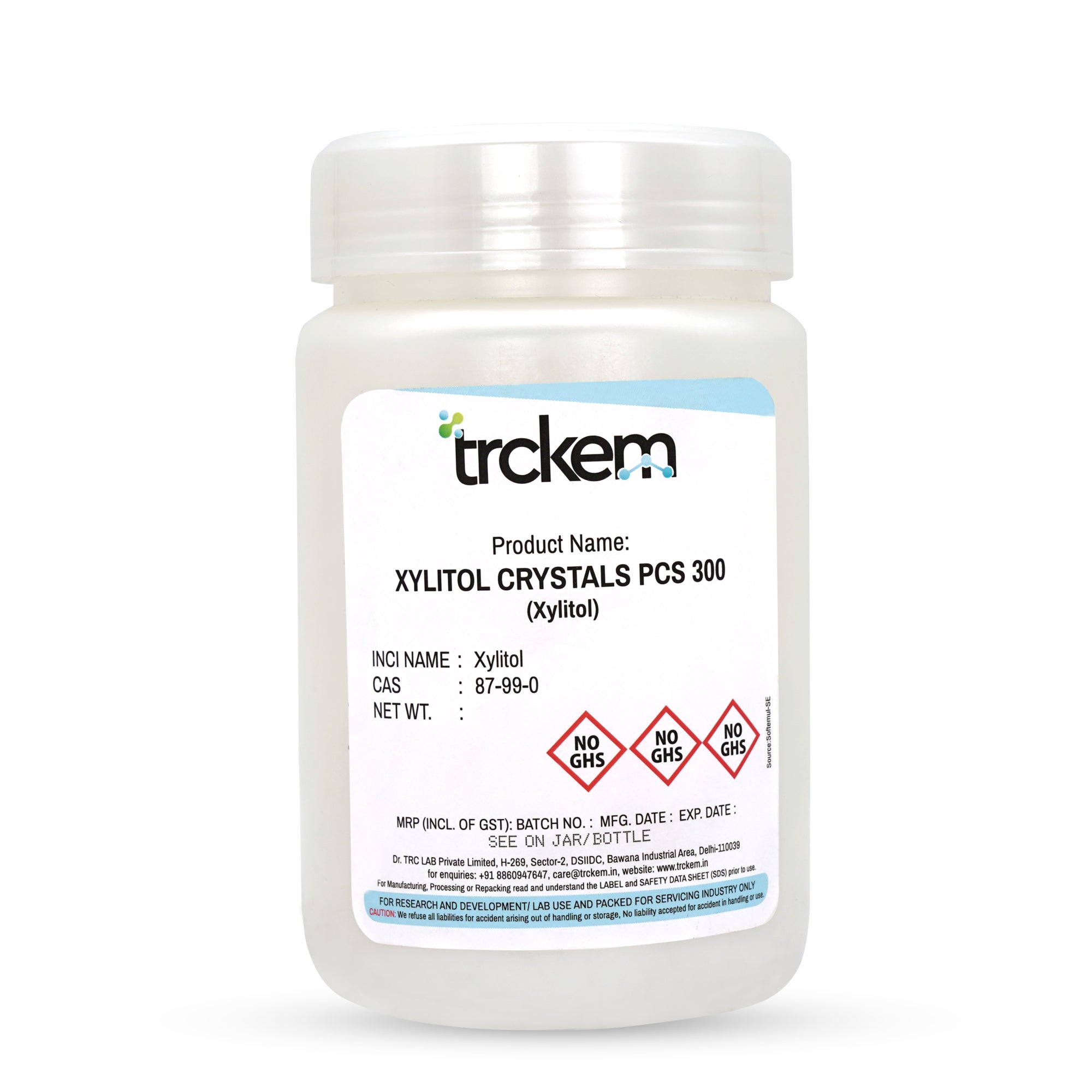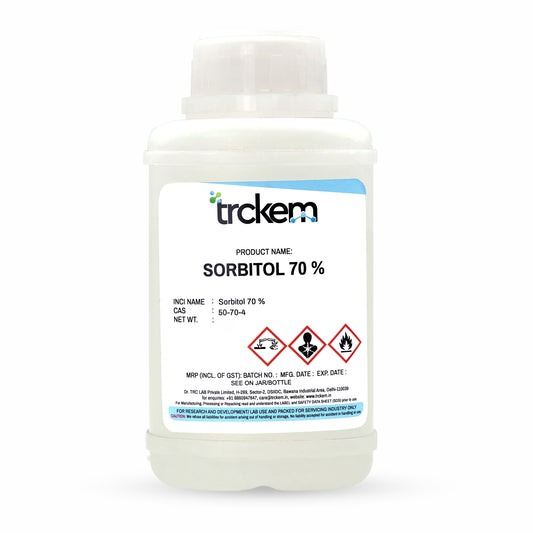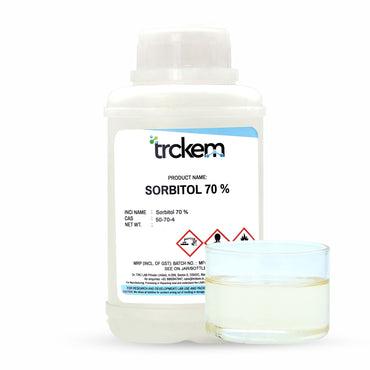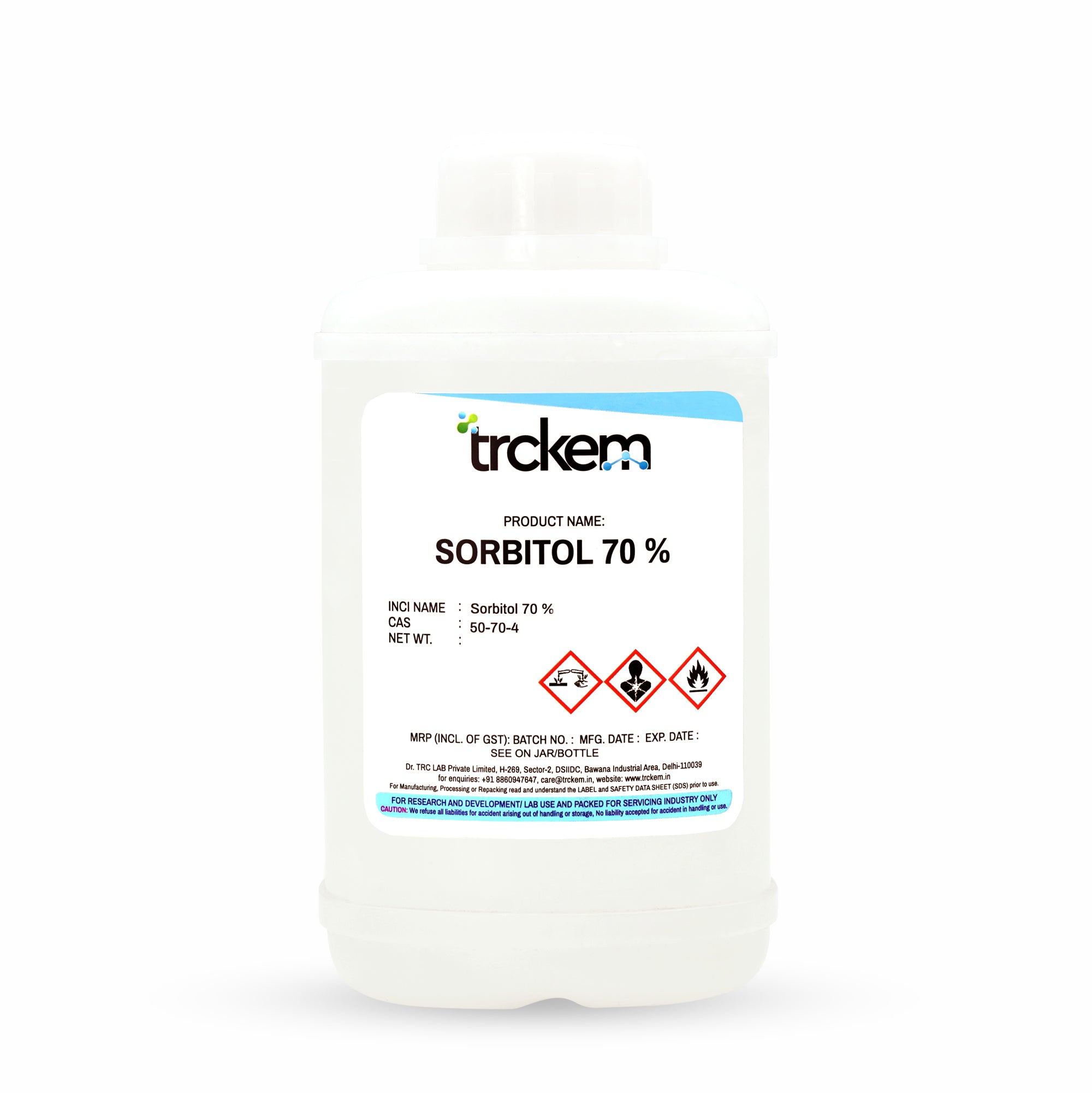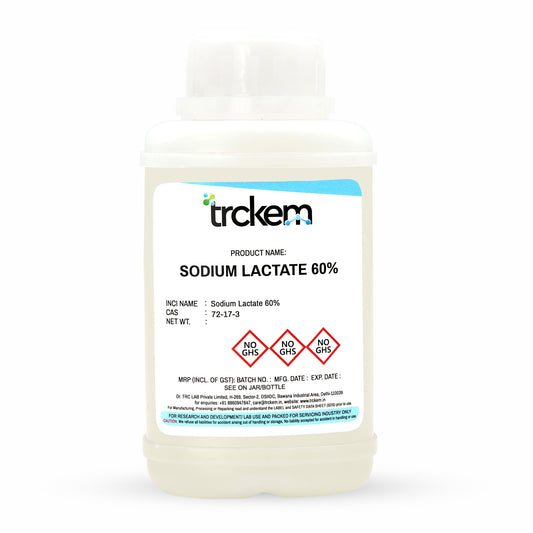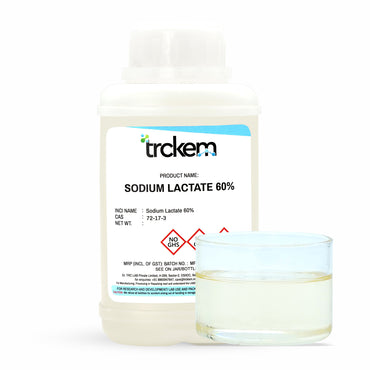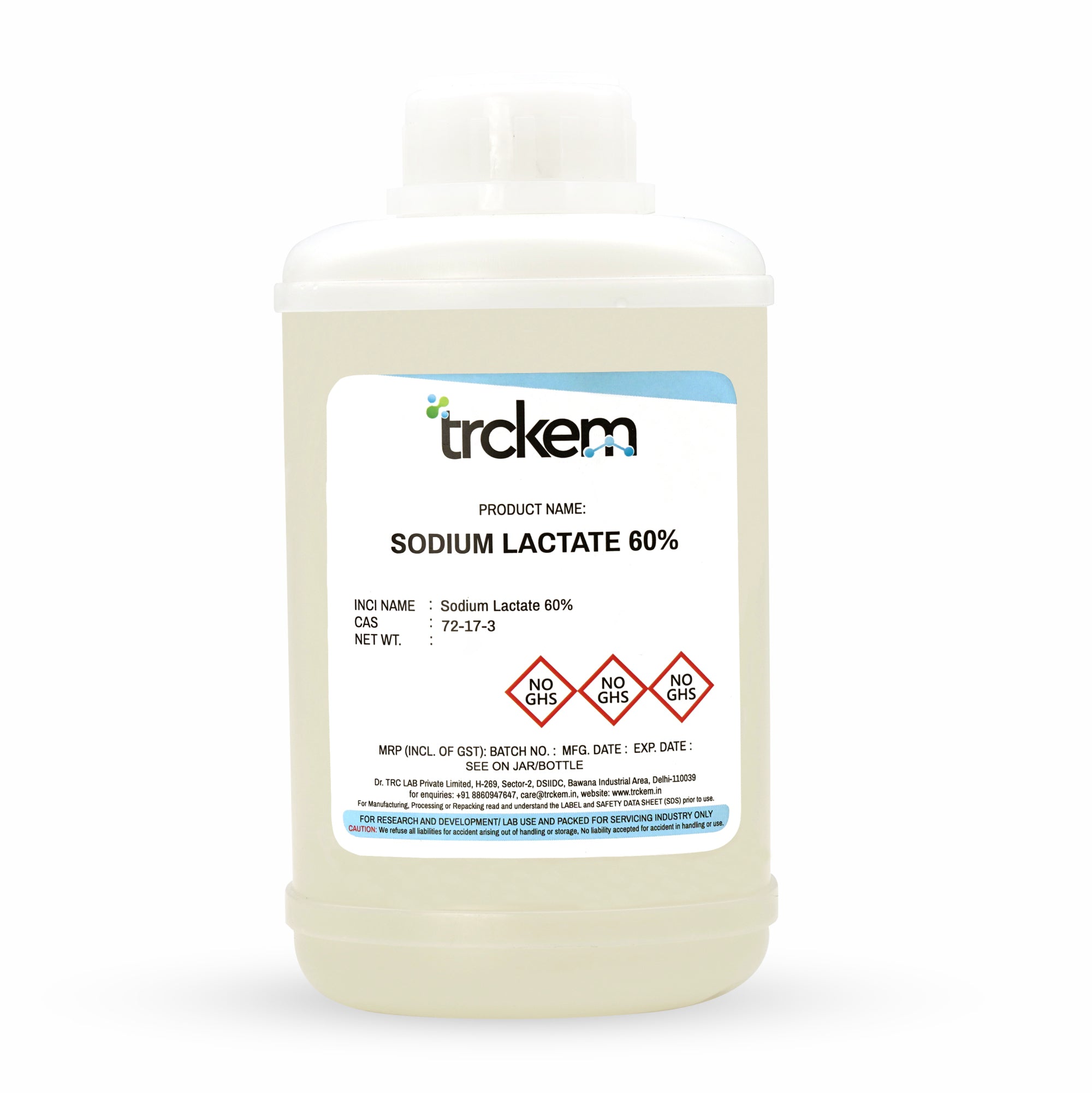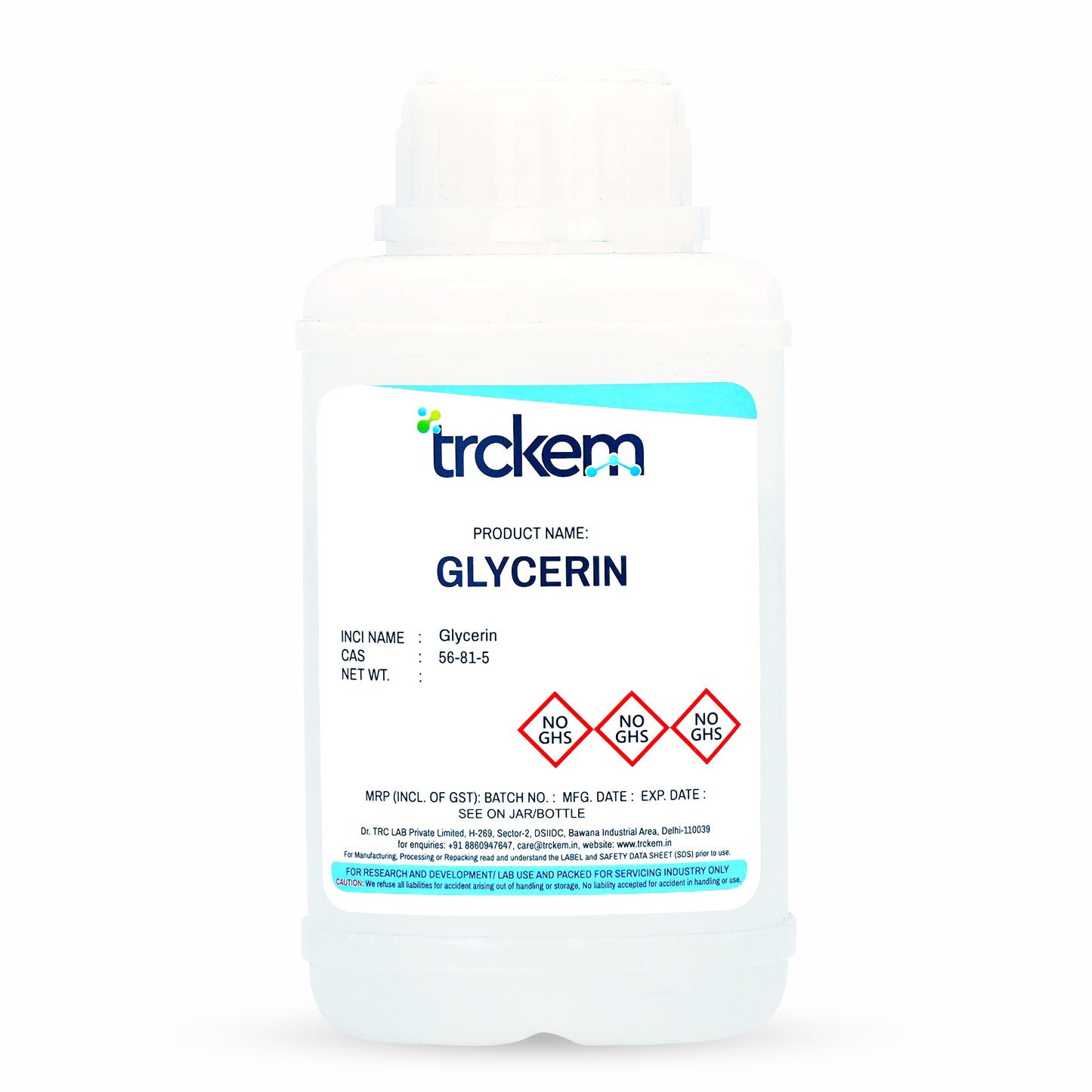
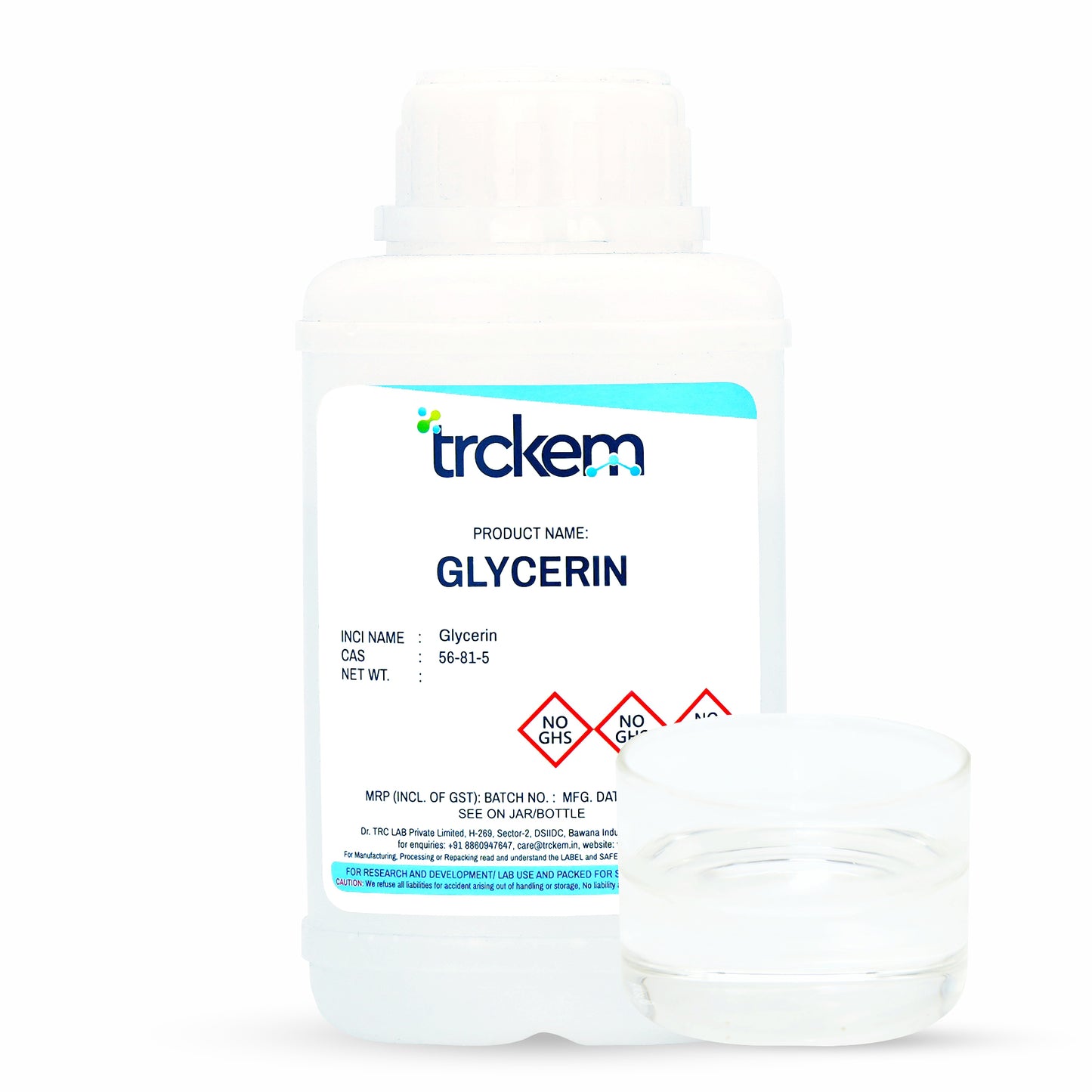
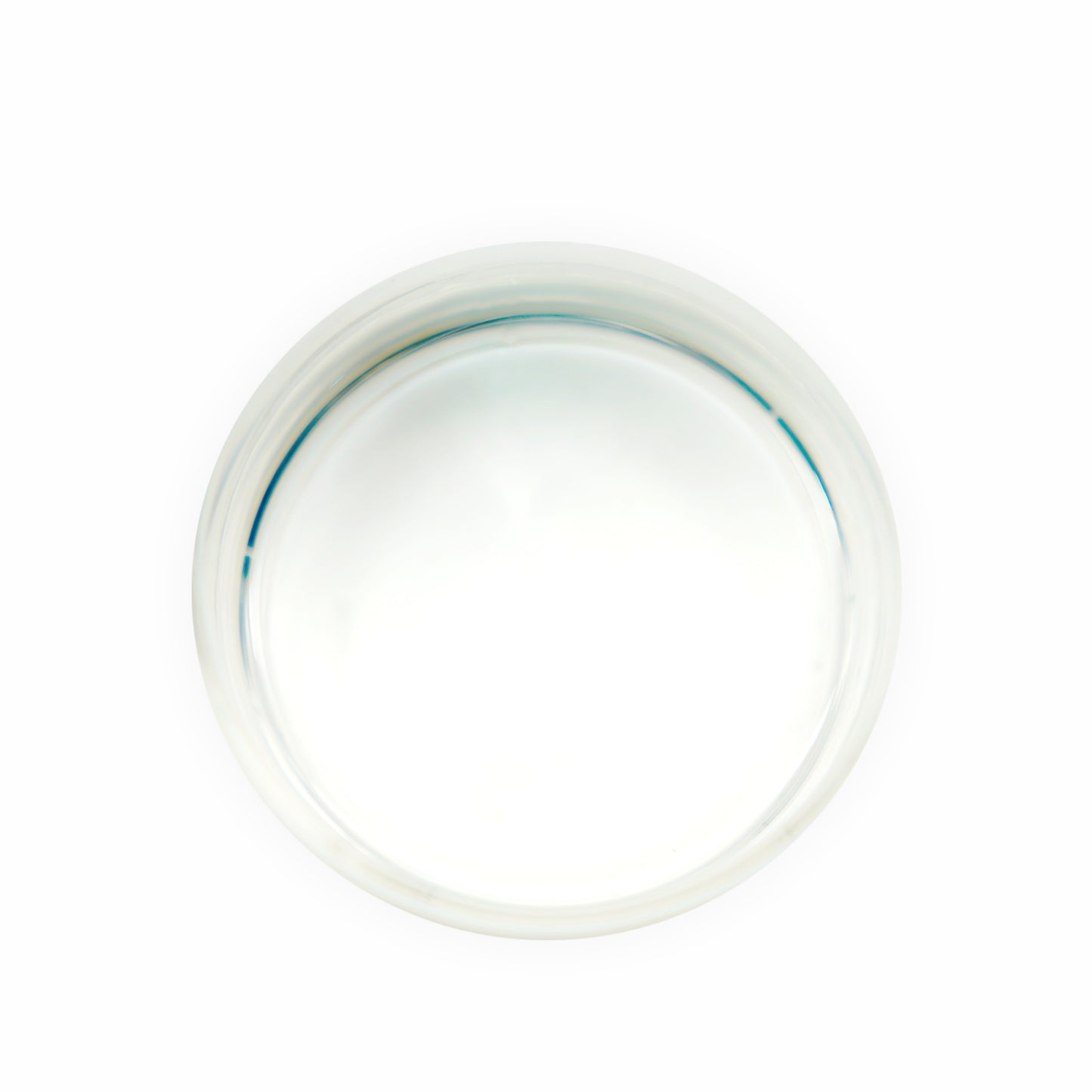
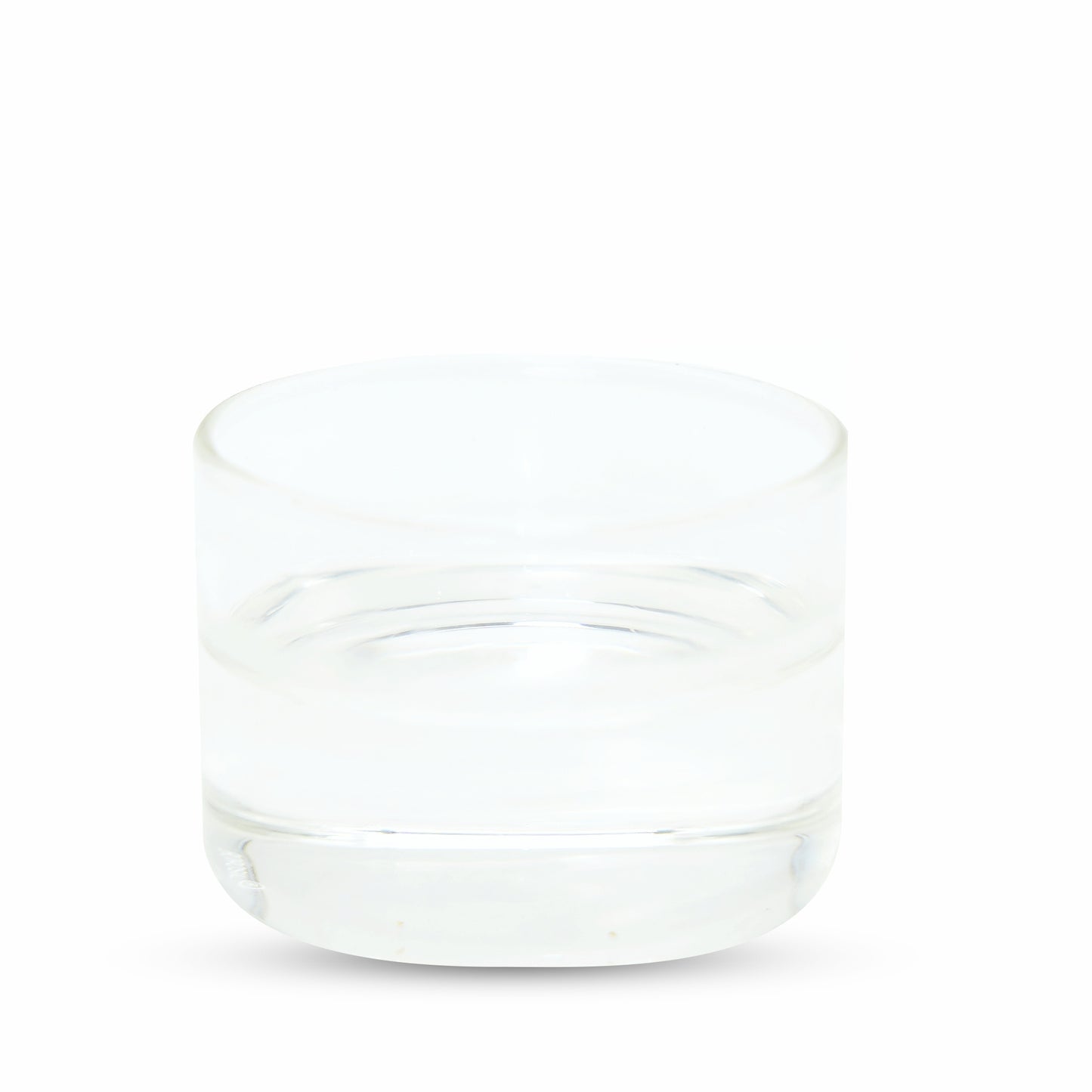
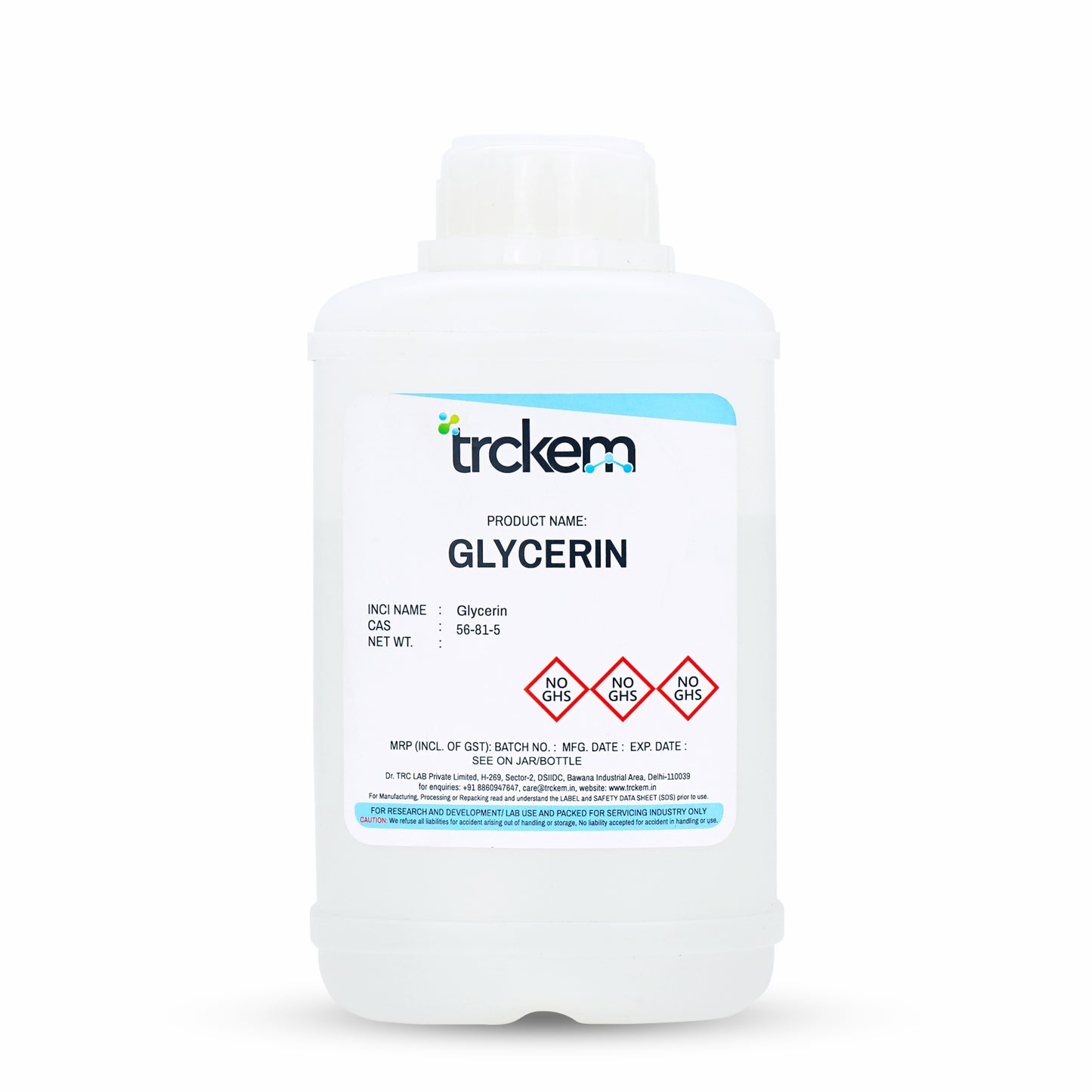
THE STORY OF GLYCERIN

Glycerin: The Essential Humectant for Deep Hydration & Skin Comfort
Glycerin is one of the most widely used hydrating humectants in skincare, haircare, and personal-care formulations.
It attracts and retains moisture, helping to maintain soft, smooth, healthy-looking skin and hair.
Non-toxic, mild, and extremely versatile, it is a core ingredient in nearly every moisturizing formulation in the cosmetic industry.

Derived from Natural Oils for Safe, Pure & Sustainable Hydration
Cosmetic-grade Glycerin is typically derived from:
• Vegetable oils (soy, palm, coconut)
• Sustainable biodiesel co-production
It is refined through:
• Hydrolysis
• Distillation
• Purification to 95–99.7% purity
TRCkem offers vegetable-origin, high-purity Glycerin, safe for all cosmetic and personal-care applications.

Hydrate. Protect. Nourish.
Glycerin delivers multiple performance benefits:
✅ Deep hydration by attracting moisture to the skin
✅ Strengthens skin barrier and prevents dryness
✅ Improves spreadability, softness & skin-feel
✅ Enhances foam richness in soaps and cleansers
✅ Helps stabilize emulsions and water-based systems
Used in: moisturizers, serums, creams, cleansers, hair conditioners, soaps, toners, gels & baby-care products.

Highly Safe, Versatile & Compatible with All Formulation Types
• Typical use level: 1–20% (up to 60% in some gels/soaps)
• Fully water-soluble; add directly to water phase
• Compatible with nearly all cosmetic actives and bases
• Safe, non-sensitizing, and ideal for sensitive skincare
• Acts as a natural preservative booster at higher levels
• Store in cool, dry conditions to avoid crystallization
• Broad approvals: USP, EP, Indian Pharmacopeia, Cosmetic Grade
Formulator’s Queries, We Answered
1. What is Glycerin?
Glycerin, also known as glycerol, is a natural, colorless, and odorless humectant commonly used in personal care and cosmetic products. It attracts moisture from the air and helps keep the skin and hair hydrated. Glycerin is derived from plant oils, animal fats, or synthesized from petrochemical sources.
2. What is the CAS Number and INCI Name of Glycerin?
CAS Number: 56-81-5
INCI Name: Glycerin
3. What are the benefits of using Glycerin in personal care products?
care products?
Intense Hydration – Acts as a powerful humectant, drawing moisture into the skin.
Smooth & Soft Skin – Helps improve skin texture and elasticity.
Non-Irritating – Suitable for all skin types, including sensitive skin.
Hair Moisturization – Helps reduce dryness and frizz in hair care formulations.
Enhances Product Stability – Improves the texture and consistency of cosmetic formulations.
4. What are the common applications of Glycerin in personal care?
Moisturizers & Lotions – Provides deep hydration and prevents dryness.
Cleansers & Face Washes – Helps retain skin moisture while cleansing.
Hair Conditioners & Serums – Improves hair softness and manageability.
Lip Balms & Lipsticks – Keeps lips hydrated and prevents chapping.
Soaps & Body Washes – Adds moisture to cleansing products.
5. Is Glycerin safe for use in personal care products?
Yes, Glycerin is considered safe and non-toxic for cosmetic use. It is widely approved by regulatory bodies such as the FDA, the European Union, and the Cosmetic Ingredient Review (CIR) panel.
6. Can Glycerin cause skin irritation?
Glycerin is generally well-tolerated by most skin types. However, using it in its pure form or in high concentrations without proper formulation can sometimes cause a sticky feel or slight irritation.
7. Is Glycerin environmentally friendly?
Yes, Glycerin is biodegradable and non-toxic, making it an eco-friendly ingredient in personal care products. Plant-based Glycerin is considered more sustainable than petroleum-derived alternatives.
8. Are there alternatives to Glycerin in personal care products?
Yes, alternatives include:
Propylene Glycol – A synthetic humectant with similar moisturizing properties.
Sorbitol – A sugar-based humectant that retains moisture in skincare formulations.
Hyaluronic Acid – A highly effective hydrating ingredient, especially for anti-aging products.








